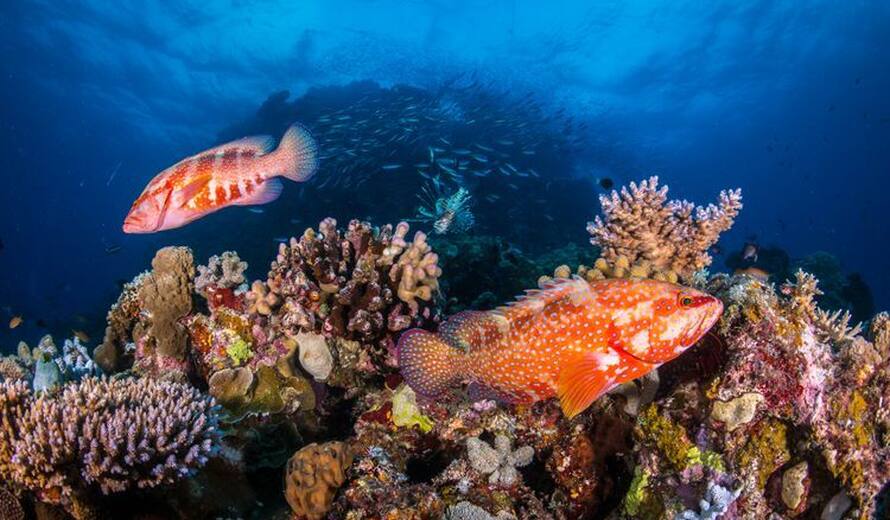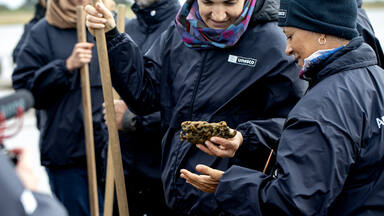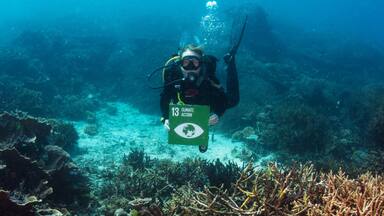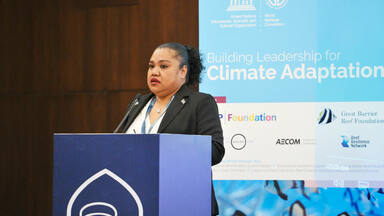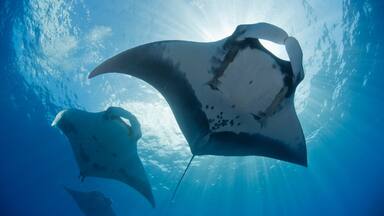Managing land-based pollution is crucial in keeping coral reefs healthy
On Thursday 4 April 2024, experts and managers from marine protected areas around the globe met online to exchange firsthand perspectives on tackling the effects of land-based pollution sources and water quality on coral reefs.
The impacts of land-based pollution on coral reefs are significant and diverse, playing a major role in the degradation of reef ecosystems. Runoff containing sediment, nutrients, pesticides, and industrial waste from activities such as agriculture, urban development, and manufacturing can cause sedimentation, nutrient enrichment, and chemical contamination in reef environments and disrupt the delicate balance reefs need to stay healthy, grow and reproduce.
Securing good water quality is critical to increasing reef ecosystems' resilience and is an essential factor in reef recovery from climate change impacts such as mass bleaching or extreme weather events. Addressing pollution through improved land-use practices such as farming or wastewater management is therefore essential to ensure the long-term survival of coral reefs.
During the online meeting, discussions covered topics ranging from innovative monitoring approaches in Puerto Rico and Australia to conservation endeavours in Hawaii. In Australia’s Great Barrier Reef World Heritage site, scientists shared their experiences with conducting comprehensive water quality monitoring programmes that aim to assess changes in land use within the catchment area and their effects on inshore seagrasses and corals.
In Puerto Rico, experts from the NGO Protectores de Cuencas focused on decreasing land-based pollutants entering the marine environment, using an integrated ridge-to-reef monitoring framework and implementing green infrastructure to tackle erosion and improve waste management practices. In Maui, Hawaii, The Nature Conservancy is addressing erosion hot spots to improve water quality.
The UNESCO World Heritage List includes 50 marine World Heritage sites across 37 countries. Due to their status as the world’s flagship marine protected areas, UNESCO World Heritage marine sites are uniquely positioned to drive change and innovation, help set global standards in conservation excellence, and serve as beacons of hope in a changing ocean. UNESCO World Heritage-listed coral reefs make up at least 15% of the global surface area of coral reef ecosystems.
This online meeting is made possible with the support of the French Biodiversity Agency, the Great Barrier Reef Foundation, the Principality of Monaco and the Government of Sweden and in partnership with the International Coral Reef Initiative (ICRI) and The Nature Conservancy’s Reef Resilience Network.
